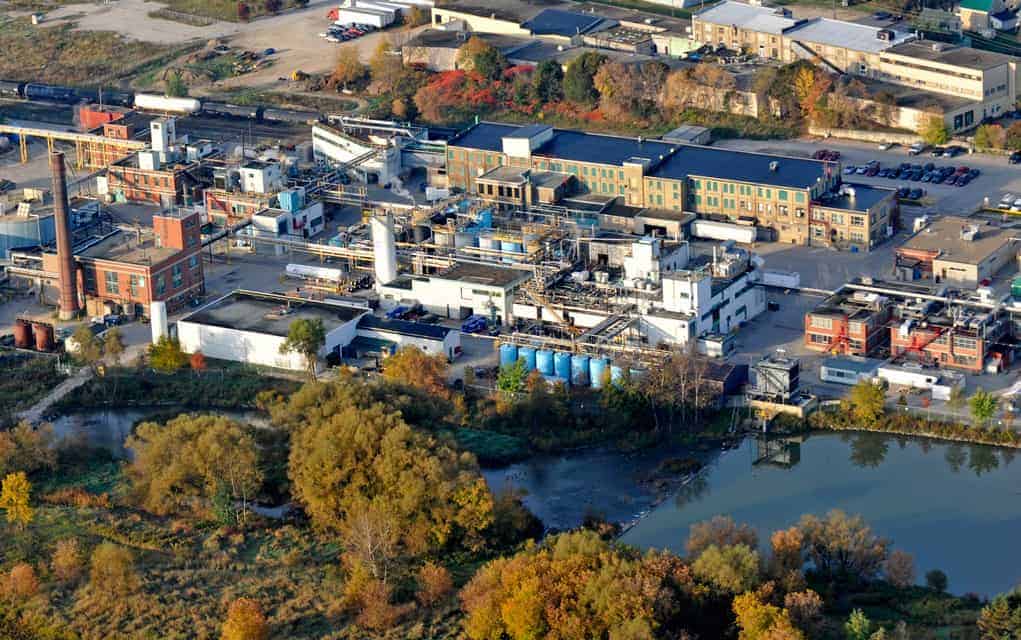An expert in the field of contaminant hydrogeology with four decades of experience in both the public and private sector, including involvement in numerous groundwater remediation projects, Heidelberg’s Richard Jackson has been tapped to chair the inaugural Technical Advisory Group (TAG).
![Richard Jackson will chair the Technical Advisory Group. [Submitted]](https://www.observerxtra.com/content/images/wp-content/uploads/2015/09/post_tag.jpg)
Appointed by Woolwich council, Jackson’s tenure officially began September 1. TAG is expected to hold its first meeting this month, and in the meantime, Jackson says he will be busy listening and learning as much as he can about the history of the effort to bring the Elmira aquifer back to drinking water standards.
“I’m in a listening mode these days,” he said over coffee in Elmira. “There are people on TAG that have been through this and while they might not have technical expertise and experience I have had trying to clean up these kinds of sites, they sure know about this site.”
Chemtura – Uniroyal Chemical at the time, then later Crompton Co. – has been using a pump-and-treat process to remove a pair of toxins – NDMA (nitrosodimethylamine) and chlorobenzene – from the former drinking water aquifers underneath Elmira. Discovery in 1989 of the carcinogenic NDMA precipitated the water crisis in Elmira, leading to the construction of a pipeline from Waterloo, which supplies the town with water to this day.
An MOE control order sets out the company’s responsibility for dealing with the contaminants in the municipal aquifers, with a deadline of 2028.
But relations between CPAC and the MOE as well as Chemtura soured considerably in recent years, as the public oversight group doggedly called out their counterparts for being behind on its 2028 cleanup target and more recently, procuring a third party study on offsite contamination of the Canagagigue Creek downstream from the chemical company.
In June, Woolwich council voted to scrap CPAC, after the MOE and Chemtura repeatedly refused to attend its meetings.
In its place, the township has created two new bodies, TAG and the Remediation Advisory Committee (RAC).
The goal is to make more amicable the relationship between the chemical producer and the government body that’s supposed to monitor Chemtura’s pollutants. To that end, RAC will consist of two representatives from township council (the mayor will serve as chair), someone from the Region of Waterloo and Grand River Conservation Authority, and three people from TAG. Chemtura and the MoE will also attend its meetings, though neither will be voting members.
The Technical Advisory Group is to be made up of no more than eight members. It will serve in an advisory capacity, and its meetings are to be technical in nature, with no public input, though they can’t be closed sessions.
Now, with the new setup in place, Jackson is hoping a more effective cleanup plan can be put into action.
“The steps that are going to be made in the future are going to be progressive and they are going to be incremental,” he said, noting that the pump and treat method used in the past is not sufficient. “Hopefully we can figure out ways of lighting a candle instead of cursing the darkness.”
Jackson’s educational background is extensive, and includes a master’s degree in civil engineering and a PhD in earth sciences from the University of Waterloo. His work experience involves an extended position with Environment Canada, teaching as an adjunct professor at UW and serving as principal at Geofirma Engineering Ltd.
“I’m semi-retired now and I’ve got other things to do and I don’t have to do this, but I love living in this township and I want to give something back,” Jackson said.









